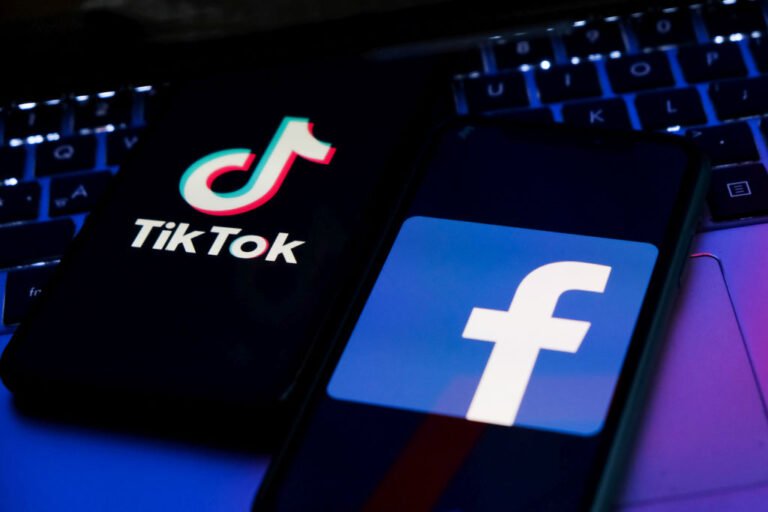
Facebook is introducing a new, full-screen video player on Wednesday, which offers a more consistent design and experience for all types of video lengths, including short-form Reels, long-form videos, and even Live content.
These improved recommendations will also appear outside the player, on the Facebook Feed and Video tab.
Facebook says its upgraded player will also offer new controls like a full-screen mode for horizontal videos and a slider to skip around in longer videos.
TikTok, by comparison, has also tested horizontal videos and long-form content of 30 minutes as it looks to compete with YouTube and other sites.
The timing of the video player change also comes at a time when U.S. lawmakers are weighing a possible TikTok ban, which, if enacted, could increase video consumption on other social platforms.

OpenAI captivated the tech world a few months back with a generative AI model, Sora, that turns scene descriptions into original videos — no cameras or film crews required.
So he launched Higgsfield AI, an AI-powered video creation and editing platform designed for more tailored, personalized applications.
In fact, Mashrabov sees social media — and social media marketing — as Higgsfield’s principle money-making niche.
So we believe video generative AI solutions will be a core solution in helping them to achieve it.”Of course, Higgsfield isn’t immune from the broader challenges facing generative AI startups.
It’s well-established that generative AI models like the kind powering Diffuse can “regurgitate” training data.

News that Yahoo is buying Artifact stirred the technology watercooler yesterday.
Artifact was an interesting app, employing AI to help its users find and consume more, and more targeted news.
It had some devoted fans, but never reached the sort of scale that would have made it an attractive long-term project.
Regardless of whether or not you were an Artifact user — I was for a time — that Yahoo is still feeling acquisitive under its current ownership structure matters.
Artifact is hardly the only startup project in the market today that might be looking for a new home, after all.
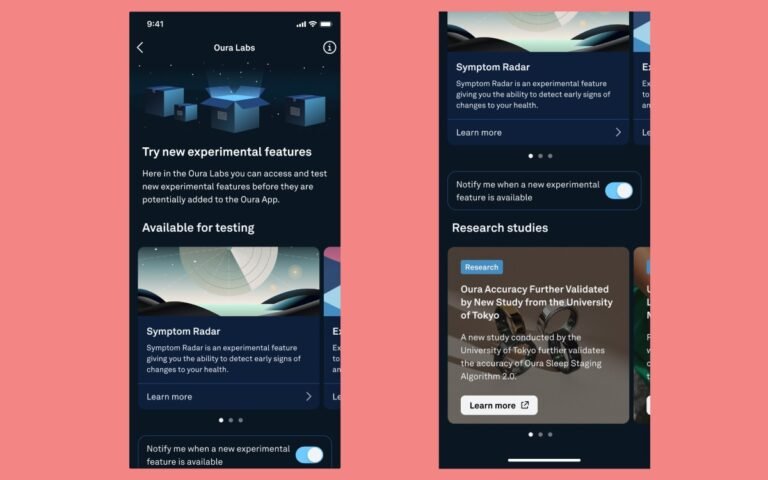
Smart ring manufacturer Oura is introducing a new section in its app called Oura Labs to test out new features and get user feedback.
Oura said that Symptom Radar will monitor biometric signals such as body temperature range, respiratory rate, resting heart rate, and heart rate variability.
“Oura Labs is our approach to recreate internal engagement for new features with users in a structured and formal way.
Users will get to see a lot of early-stage ideas in Oura Labs,” Patel said.
Users can provide direct feedback about these experimental features along with general feedback for the product through Oura Labs.
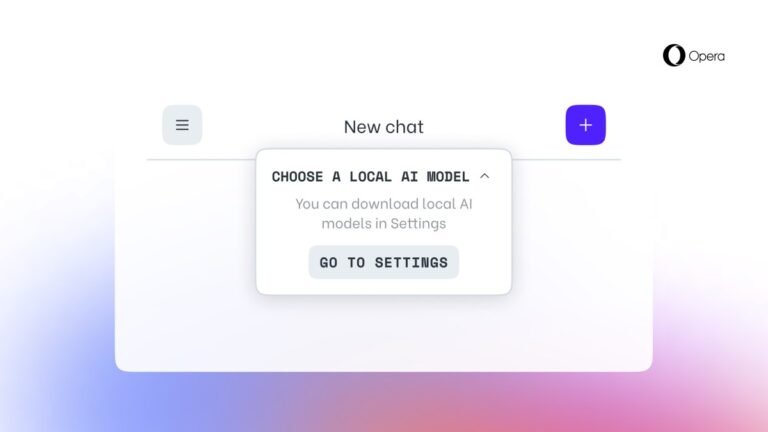
Web browser company Opera announced today it will now allow users to download and use Large Language Models (LLMs) locally on their computer.
This feature is first rolling out to Opera One users who get developer stream updates and will allow users to select from over 150 models from more than 50 families.
The feature will be available to users as part of Opera’s AI Feature Drops Program to let users have early access to some of the AI features.
Notably, Opera is not doing any work to save storage while downloading a model.
“Opera has now for the first time ever provided access to a large selection of 3rd party local LLMs directly in the browser.

The carpooling and bus ticketing company has been around for so long that it’s hard to consider it a startup anymore.
Today, the company is announcing that it’s secured a €100 million revolving credit facility ($108M at today’s exchange rate).
And the good news is that there are BlaBlaCar users all around the world — not just France.
When the war in Ukraine started, BlaBlaCar had millions of users in Russia.
Even if you don’t book your next train ride on BlaBlaCar, the company is also experimenting with last-mile carpooling.

The account operated by Biden’s team published a message regarding the president’s support of reproductive freedom on Threads, Meta’s up-and-coming Twitter/X competitor.
Soon after, Threads users noticed that his post sported a Threads’ fediverse sharing logo — a circular shape that resembles planets orbiting a star, which gives a sense of the interconnected universe that makes up the fediverse.
When Meta introduced Threads, its text-focused Twitter/X competitor, the company said it planned to federate the app so users on Mastodon and other networks could see and respond to Threads’ users posts.
Late last year, Threads began testing that integration and, in March, it opened up fediverse sharing to Threads users in beta.
For example, at present, Threads users can’t see who replied or liked their posts from other servers and can’t share their posts with polls.
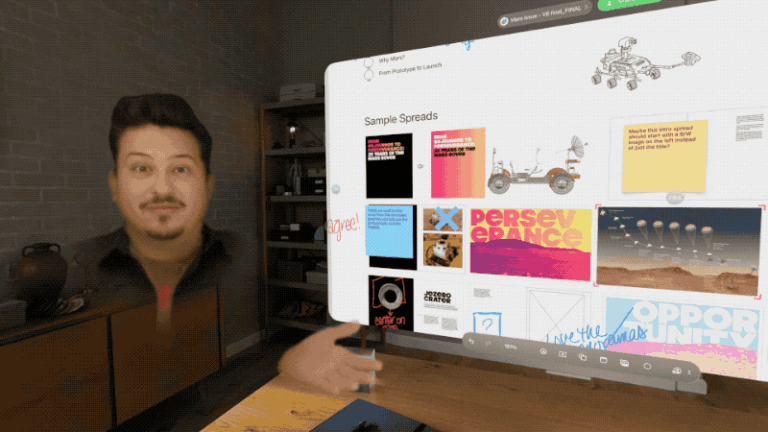
A subsequent update has made them more palatable and truer to life, and Apple says it’s continuing to work on the 3D captures.
The company on Tuesday debuted “spatial” Personas for Vision Pro headsets running visionOS 1.1 or later.
From there, users can select the spatial persona option, which utilizes the Vision Pro’s on-board sensors to place the Persona in the room with them.
Spatial audio, meanwhile, further places them at a specific point in space relative to the Vision Pro user.
Vision Pro users will continue doing business in the uncanny valley for the foreseeable future.

Meta is denying that it gave Netflix access to users’ private messages.
Meta’s communications director, Andy Stone, reposted the original X post on Tuesday with a statement disputing that Netflix had been given access to users’ private messages.
However, The New York Times had previously reported in 2018 that Netflix and Spotify could read users’ private messages, according to documents it had obtained.
“No third party was reading your private messages, or writing messages to your friends without your permission.
Many news stories imply we were shipping over private messages to partners, which is not correct,” the blog post stated.
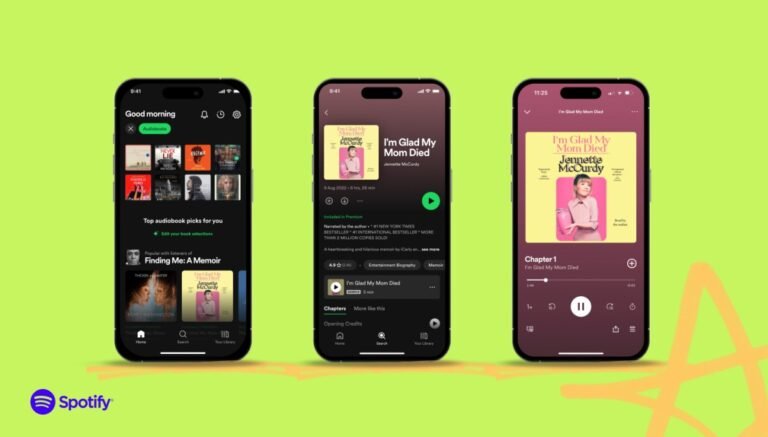
Spotify announced on Tuesday that it’s bringing its free audiobooks perk to Canada, Ireland, and New Zealand.
Users in these markets will be able to access 15 hours of free monthly audiobook listening time.
Spotify says users have listened to more than 150,000 titles since the free service’s launch last November.
If you run out of listening hours, you can purchase additional 10-hour allocations for CAD $14.99, IRE €12.99, and NZD $19.99.
Spotify recently launched a $9.99 per month plan that allows its free users to access its audiobooks collection in the U.S.













